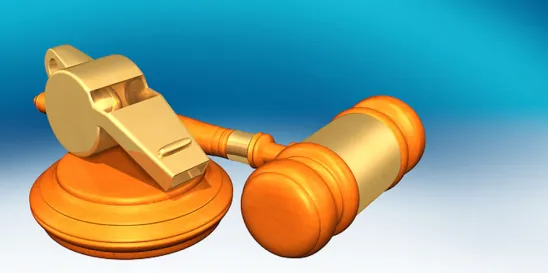Hart filed his initial complaint against McKesson in 2015, alleging that the health care company violated the federal FCA and similar state laws by offering certain business tools — a margin analyzer and regiment profiler — to oncology practices that agreed to purchase a specific amount of McKesson drugs. The offer of business tools allegedly persuaded some oncology practices to buy higher-cost drugs from McKesson over other lower-cost providers. The government declined to intervene in the case, and Hart pursued the claims on his own.
In March 2023, a New York federal district court ruled that Hart’s Second Amended Complaint failed to sufficiently allege facts that McKesson acted willfully as required by the federal AKS and dismissed the lawsuit. The Second Circuit upheld the district court’s dismissal of Hart’s federal FCA claim for failure to adequately allege the willfulness requirement, and vacated dismissal of Hart’s remaining state law claims, remanding the case for further proceedings.
In upholding the district court’s dismissal of the federal FCA claims, the Second Circuit endorsed the Eleventh Circuit’s interpretation of willfulness under the AKS, stating that to “act willfully, a defendant need not be aware of the AKS or have a specific intent to violate that statute, but she must act knowing that her conduct is in some way unlawful.” The Second Circuit rejected Hart’s arguments that McKesson’s actions gave rise to a plausible inference of willfulness because Hart did not allege adequately that McKesson knew its conduct was unlawful. The Second Circuit reasoned that destroying documents after receiving notice of potential unlawful conduct alone was insufficient, and highlighted the absence of proof that McKesson believed that the use of business tools was unlawful or that McKesson took steps to conceal or end certain behavior out of concern that its practices were unlawful.
Ultimately, the Second Circuit found that the lower court erred in dismissing the state law claims on the basis that those claims were premised on a violation of federal law because some of the state anti-kickback laws have no scienter requirement or a lesser requirement than willfulness. Nevertheless, on remand, the district court could ultimately decline to exercise supplemental jurisdiction over the state law claims now that no federal FCA claims remain.
The McKesson decision serves as a reminder to defendants to carefully scrutinize the adequacy of willfulness allegations in FCA complaints involving alleged AKS violations to determine if grounds for dismissal exist based on this element. It also reinforces that counsel may be able to use the lack of willfulness during the investigation phase when attempting to demonstrate to the government why it should not bring a case and/or should decline to intervene in a pending sealed case brought by a qui tam relator.
The case is US ex rel. Adam Hart et al. v. McKesson Corp. et al., No. 23-726 (2d Cir. 2024).






 />i
/>i

